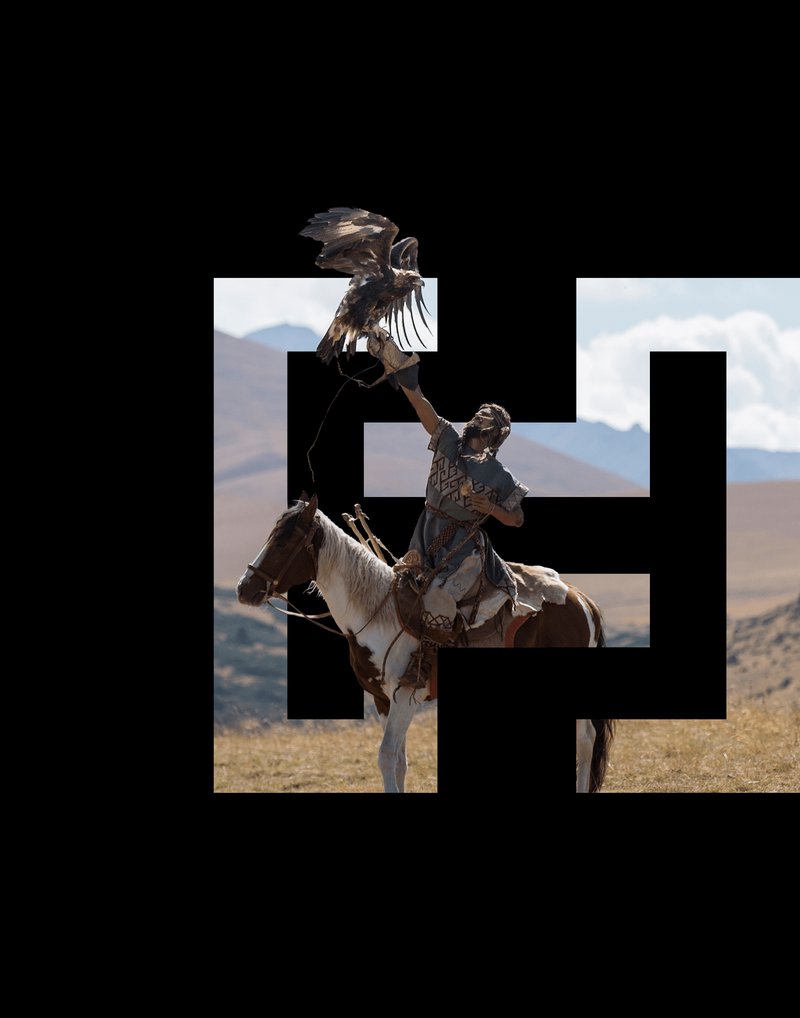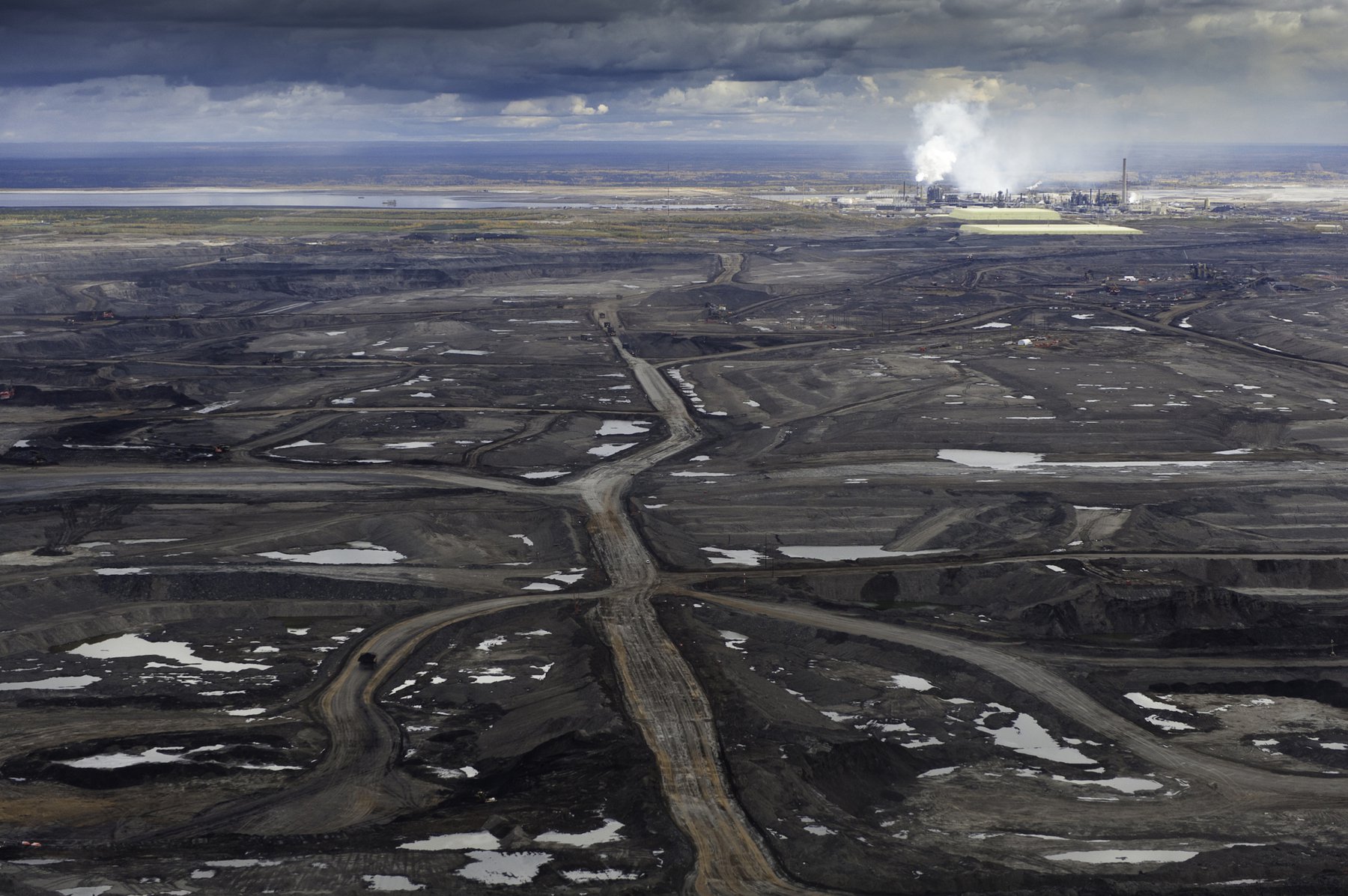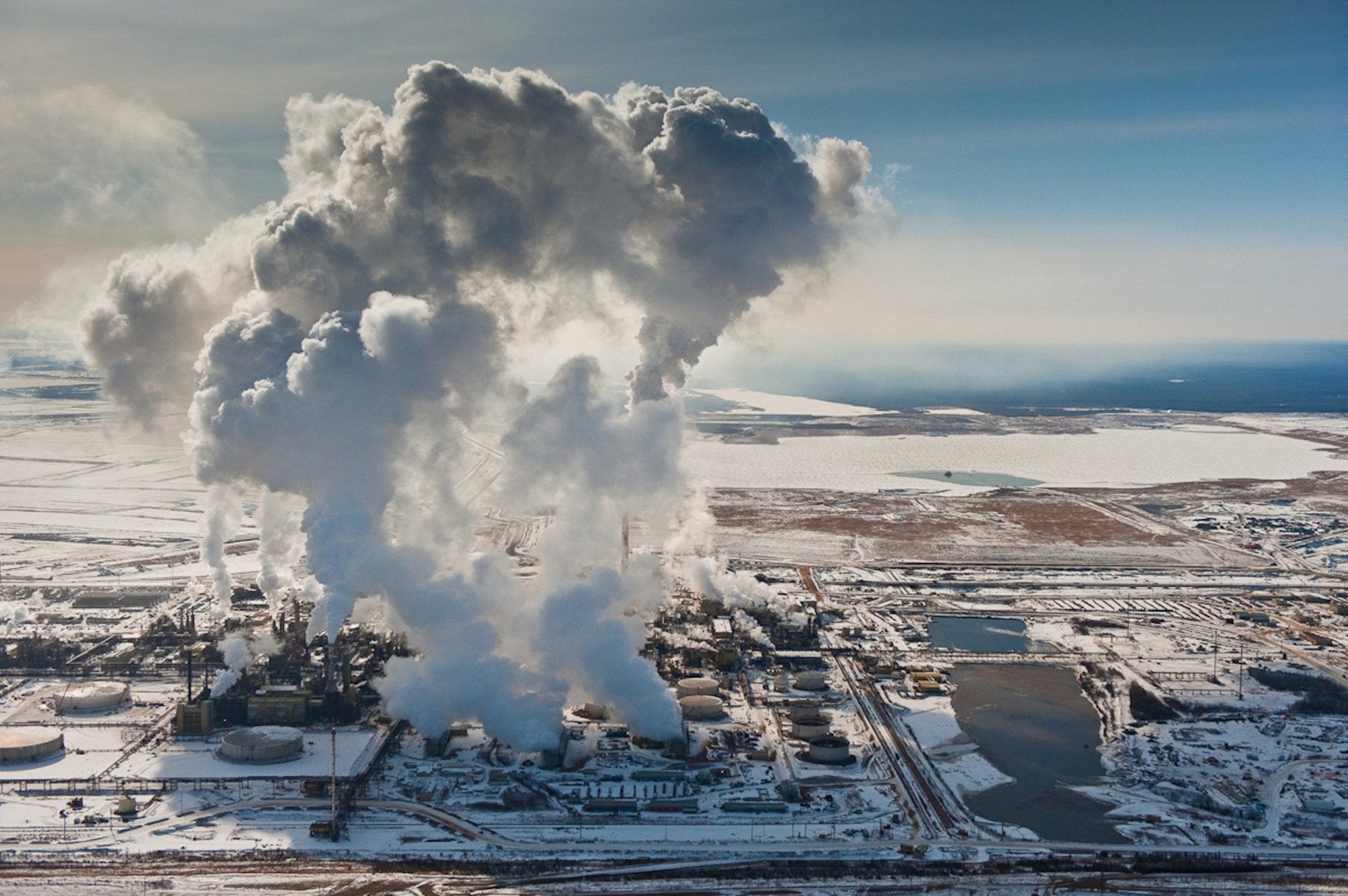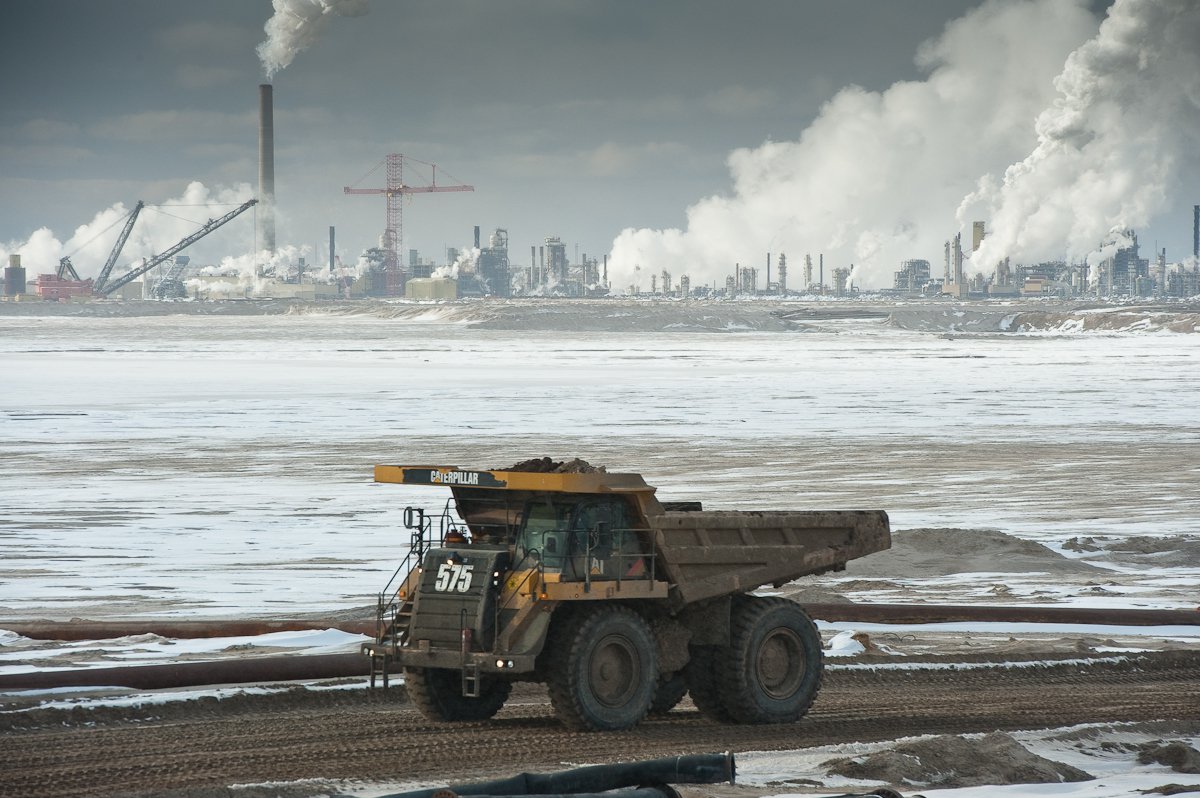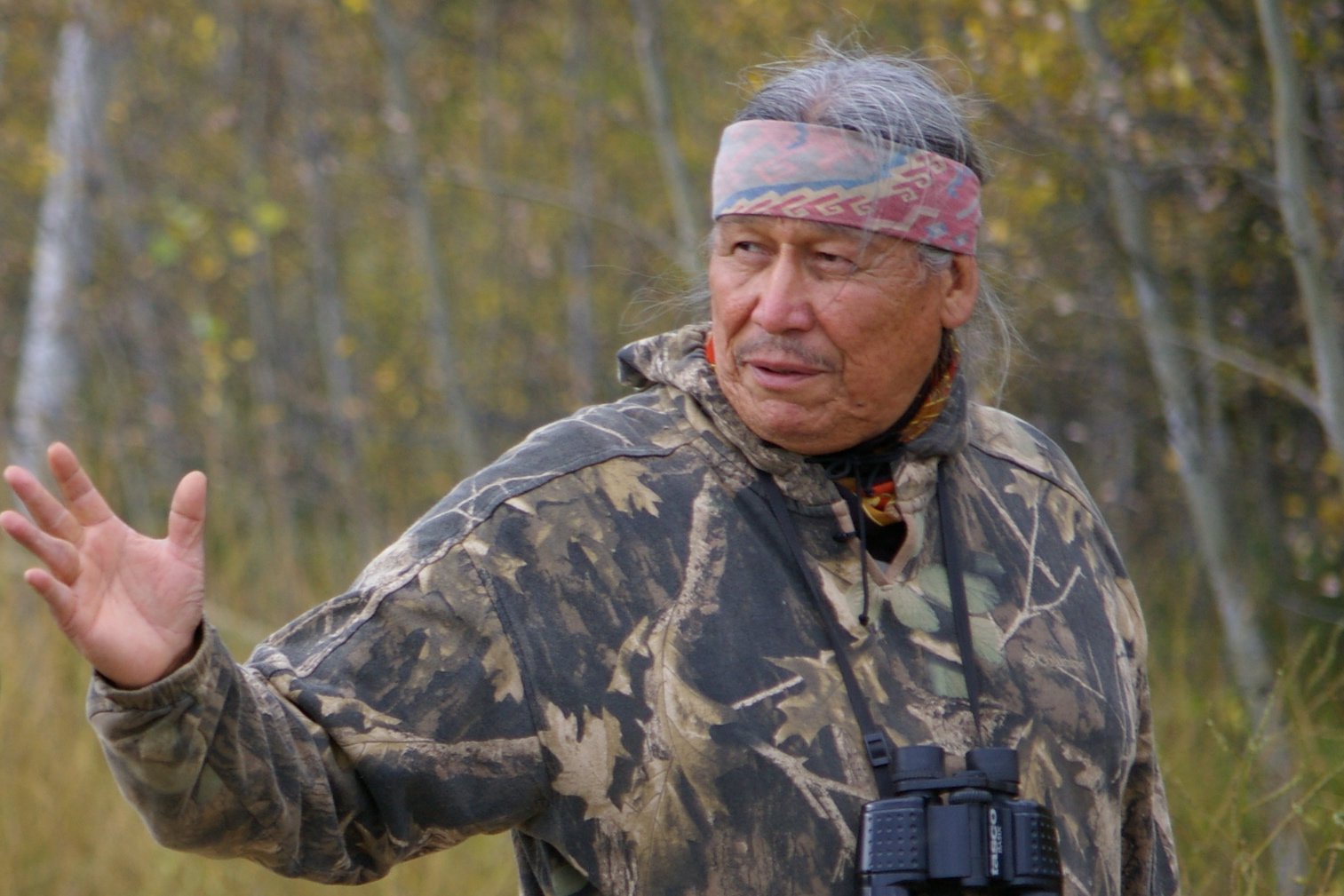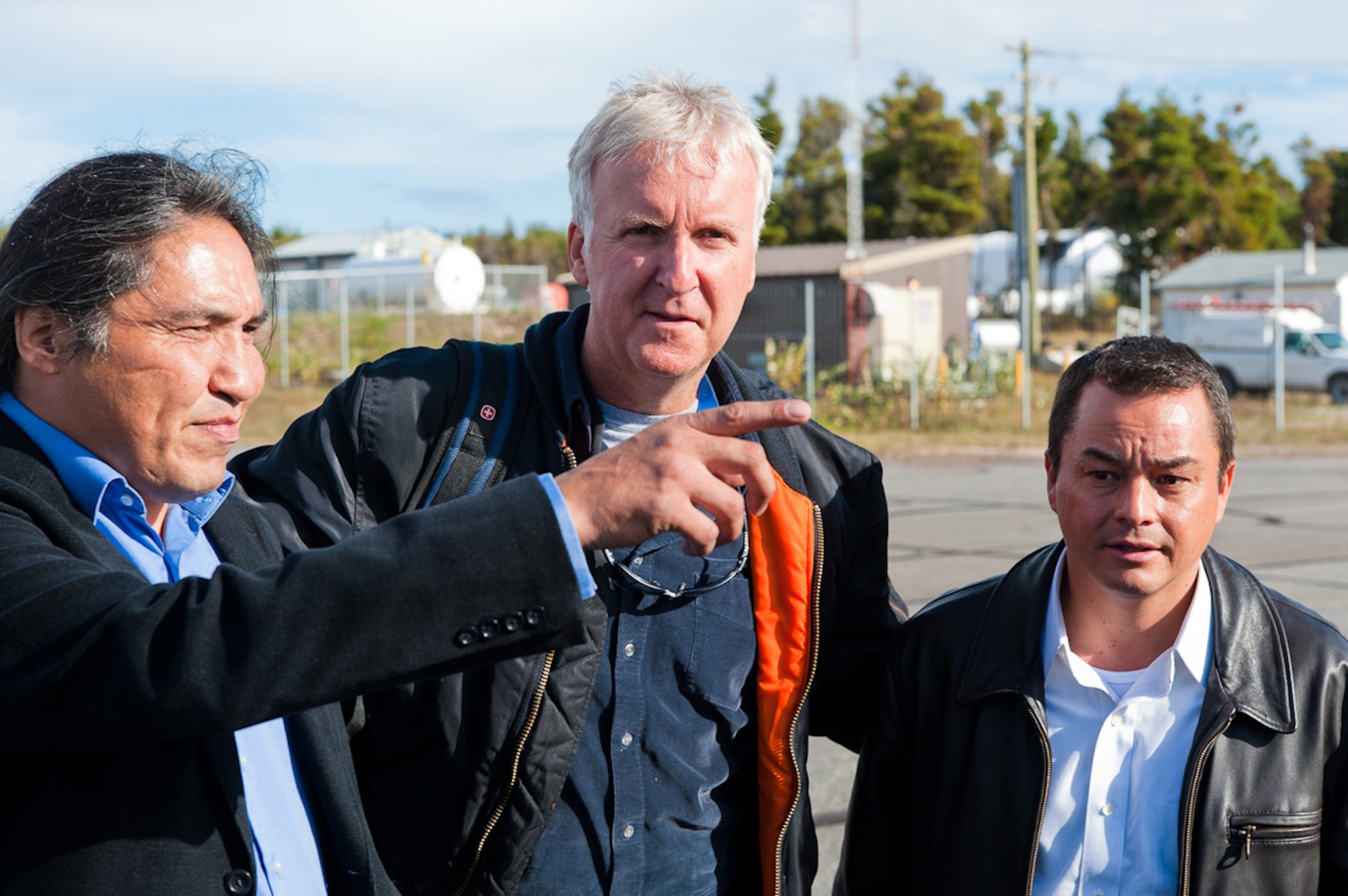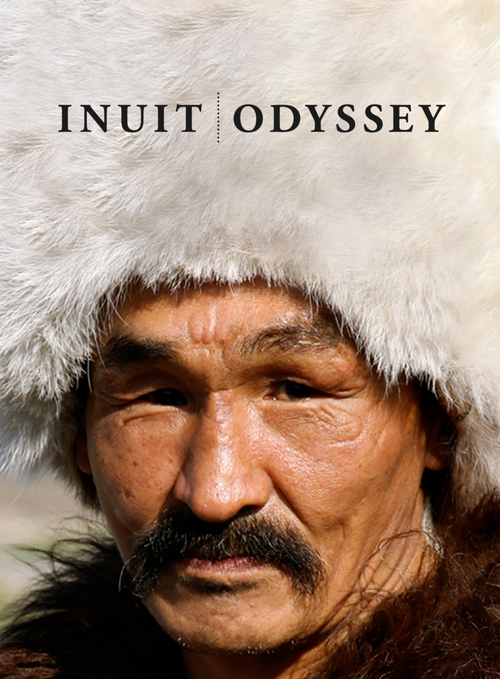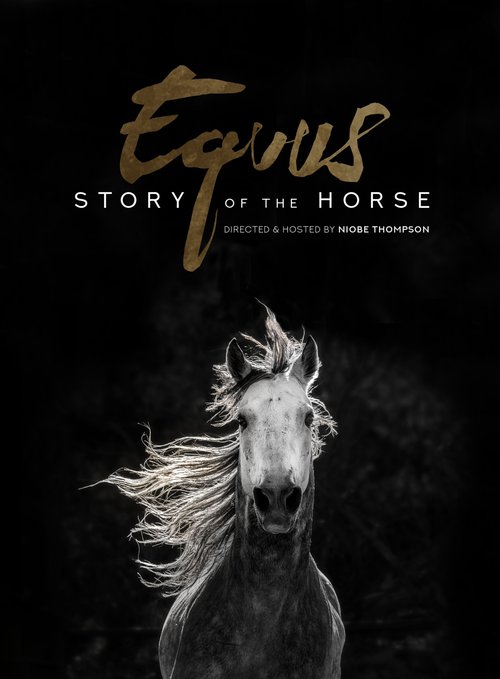




Synopsis
Deep in the wilderness of Canada’s northern forests, the biggest energy project on the planet is producing as much controversy as oil. Half a trillion dollars in planned investment in a Saudi-sized deposit of oil, right on America’s doorstep. The tar sands is already the biggest source of imported oil for the US, and production is set to triple by 2020.
Every major oil company on earth is in the tar sands – BP, Shell, Total, Statoil, Exxon, Chevron, and China’s Sinopec. But making oil from the thick bitumen soaked into Canada’s sands comes at an outsized cost. Scientists are warning of cancer-causing toxins entering rivers, record volumes of greenhouse gases pouring into the atmosphere, and a pristine Boreal ecosystem now dotted with poisonous wastewater lakes.
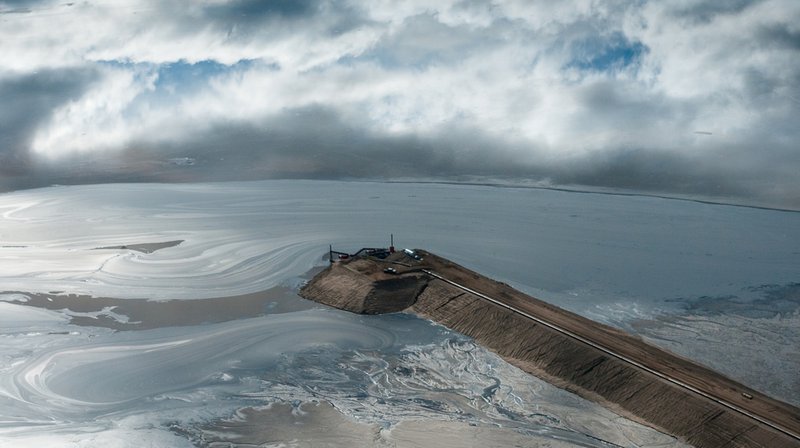
Yet as Canada’s tar sands boom, they also stand at the tipping point. The engine of Canada’s economy is also becoming a liability for the country’s reputation.
First, a photo of a flock of ducks soaked in toxic sludge from a tar sands tailings pond was broadcast around the world. Then, National Geographic slapped the tar sands in full colour onto its pages and called them “satanic mills”. Next, with an eye on Canada, President Obama promised to kick the addiction to “dirty oil”.
Finally, when BP’s disaster in the Gulf caused Americans to rethink their addiction to oil, a challenge just as serious emerged from a world-class team of scientists, led by renowned ecologist David Schindler. Veterans of Exxon lawsuits in the aftermath of the Exxon Valdez oil spill, the scientists worked for two years in secret to study pollution in the Athabasca River flowing through the region. In 2009 and 2010, they published the results in two separate papers in the prestigious Proceedings of the American Academy of Sciences.
The findings: not only a substantial, slow-moving oil spill repeated annually, but also the suggestion of a government turning a blind eye to the failings of industry-funded pollution monitoring. Will Dr. Schindler’s new research change everything?
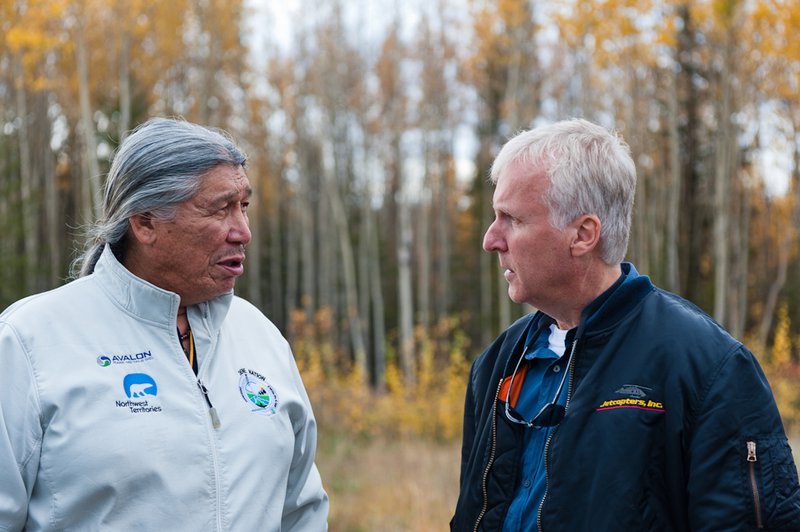
The stakes are high for those living in the wilderness downstream of the tar sands. John O’Connor, an Irish doctor serving the Native community of Fort Chipewyan, suspected an alarming spike in bile-duct cancer among his patients. All signs pointed to toxins emitted by the tar sands. Yet shortly after he raised his concerns, Alberta’s College of Physicians threatened to remove his license, giving him no choice but to leave his practice.
Despite their doctor’s departure, the community won’t be silenced. Fort Chipewyan’s Chief Allan Adam enlists a famous Dene Elder, Francois Paulette, to take the issue to the world. With scientific results in hand, Paulette travels to the Copenhagen Climate Conference, then to Norway’s Statoil headquarters, and then to enlist the help of friends in the United States. Not even he could have expected the ally he finds there: James Cameron, Director of the environmental blockbuster Avatar.
The Alberta government fights back to protect the tar sands with a public relations campaign worth tens of millions. Some are calling this a petrostate on the defensive, with the interests of oil companies trumping the authority of independent research. With US organisations like the million-member Natural Resources Defence Council now targeting on the tar sands, the industry is feeling the pressure. But surely Canada’s only foreign market for tar sands crude – the USA – would never turn its back on a Saudi-sized source of energy just next door. So it seemed under President George W. Bush, but as Obama retools America, Canadians are quickly learning not to assume anything. Already, California has passed laws banning tar sands crude, and the “Low Carbon Fuel Standard” is spreading from state to state.
“…a David-versus-Goliath tale about the voices fighting to be heard over the spin and money produced by the biggest energy project on earth.”
Edmonton Journal
The outcome proves the title – it’s the tipping point for the world’s biggest energy project and a warning our oil-fuelled way of life is about to change.
With investors around the world beginning to worry about their stake in a resource labelled “dirty oil” and governments in Europe and the US considering laws to ban it, the tables are turning for the tar sands, and for Francois Paulette’s downstream Natives.
In a gripping climax, the scientists publish their research, not only proving heavy metal and petroleum compounds above safe levels for aquatic life in the waterways of downstream peoples, but also undermining the industry-sponsored program of research the Government has relied on to deny the problem. Acting on his convictions, Avatar Director James Cameron comes to the tar sands with the world media following close behind to call for change. In an emotional community gathering, the residents of tiny Fort Chipewyan finally decide to take action, no matter the consequences.
The outcome proves the title – it’s the tipping point for the world’s biggest energy project and a warning our oil-fuelled way of life is about to change.
Credits
Produced & Directed By
Cinematography
Editor
Production Manager
Production Coordinator
Executive Producers for CBC





Watch The Film
Tipping Point is available to download or stream through Vimeo On Demand.

